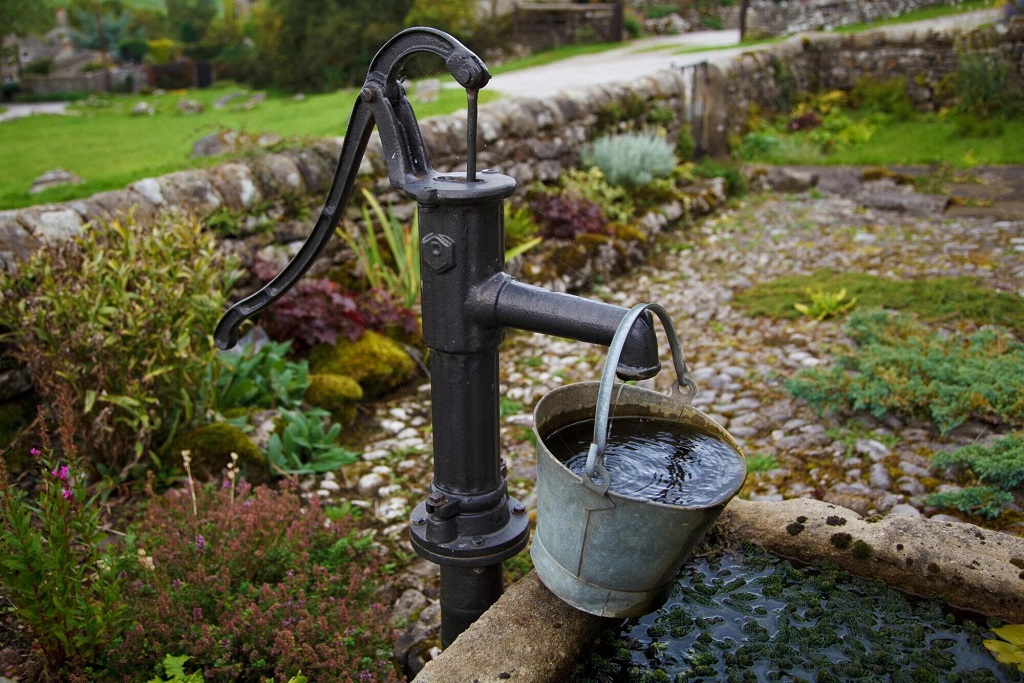When people think about home value, they usually picture location, design, or square footage. Yet one critical factor often gets overlooked water quality. Whether your property relies on city supply or a private well, the state of that water can significantly influence its appeal and market price. Clean, safe water is not only a matter of health but also a strong selling point for buyers. On the other hand, poor quality can lead to costly repairs, health risks, and lowered property value. This article breaks down how water condition affects real estate, why buyers care, and what homeowners can do to protect their investment.
How does water quality impact property value?
Buyers want peace of mind when investing in a home. If they know the property delivers clean, reliable water, it boosts trust and confidence in the purchase. However, if contamination is detected or if the plumbing system raises concerns, potential buyers may hesitate, negotiate for a lower price, or walk away altogether. To understand the direct link, here’s a resource that explains how does water quility impact property value in greater detail. It shows why water safety isn’t just a utility issue—it’s a real estate factor with financial weight.
Why do homebuyers care so much about water quality?
Modern buyers are more health-conscious than ever. Clean water supports cooking, cleaning, and safe drinking, while contaminated water may contain bacteria, lead, or dangerous chemicals. According to the U.S. Environmental Protection Agency (EPA), poor water conditions in wells can cause both short- and long-term health issues. Beyond health, water quality affects everyday comfort no one wants staining, odors, or mineral buildup from hard water. For families with children, these concerns often become deal-breakers, directly influencing purchase decisions.

Can poor water quality lower the resale value?
Yes. Even if a property is visually appealing, poor water quality creates doubts. Buyers may anticipate extra costs for filtration systems, water softeners, or frequent maintenance. In competitive markets, this gives them leverage to negotiate. In severe cases, lenders may also hesitate to finance homes with unsafe water supply. That means sellers could face longer listing times, reduced offers, or even failed transactions. The bottom line: ignoring water issues almost always leads to a financial hit at resale.
How does water testing influence negotiations?
Water testing is often part of a home inspection. If results show safety and compliance, sellers gain a stronger position. However, if contamination is found, buyers can demand price reductions, repairs, or system upgrades. In many states, disclosure laws require sellers to report known water issues, which makes hiding problems nearly impossible. Therefore, proactive testing and treatment can help homeowners avoid last-minute surprises that could cost them thousands.
What role does well water play in property value?
Well water often appeals to buyers because it reduces monthly utility bills. However, the condition of the well itself can raise concerns. Older wells may need replacement, and poorly maintained ones can harbor bacteria or contain heavy metals. Buyers will expect testing documentation before making an offer. In rural communities, water source quality can even be the deciding factor between similar properties. That’s why resources like southeastonrent emphasize awareness around well water safety in real estate investments.
Are there hidden costs linked to bad water quality?
Absolutely. Homeowners may not realize how much hidden costs add up. Contaminated or hard water can damage plumbing fixtures, shorten the lifespan of appliances like dishwashers and washing machines, and stain sinks or bathtubs. Over time, repairs and replacements create an ongoing expense that diminishes property value. Additionally, installing filtration systems, water softeners, or advanced treatment methods can cost thousands of dollars. Buyers take these costs into account, adjusting what they’re willing to pay for a home.
How can homeowners protect property value through water management?
Several steps can help protect and even increase value:
- Regular Testing: Conduct annual tests to ensure safety and compliance.
- Filtration Systems: Invest in filters that target local water problems, whether it’s hard water or contamination.
- Maintenance: Keep wells, plumbing, and water heaters in good condition.
- Documentation: Provide buyers with proof of quality through testing results and system warranties.
By taking these proactive measures, homeowners not only safeguard health but also maintain strong resale potential.
What are the long-term real estate trends regarding water quality?
As environmental concerns grow, buyers are becoming more cautious about water safety. Properties that demonstrate eco-friendly systems and clean water sources often stand out in the market. Conversely, regions known for contamination or water shortages may experience declining demand. Therefore, addressing water quality today is not just about immediate value—it’s about staying competitive in future housing markets.
Read More Also:
Conclusion
Water quality may not be the first thing you think of when evaluating a property, but it has a major influence on both buyer confidence and property value. Clean, safe water boosts appeal, supports higher resale prices, and keeps negotiations in your favor. On the other hand, contamination issues can derail deals and lower overall worth. If you’re a homeowner or investor, make water testing and treatment a top priority. The upfront cost is small compared to the long-term financial and health benefits. Whether you’re selling, buying, or simply protecting your investment, water quality is one detail you cannot afford to ignore.
Read More Also: How to Install Non-Permanent Rooftop Deck Flooring
FAQs
Is water testing required before selling a home?
In many areas, yes. While not always mandated, most buyers request water testing during inspections. It’s a wise step for sellers to provide reports upfront.
Can filtered systems increase property value?
Yes. High-quality filtration systems reassure buyers and reduce their future costs, making the home more attractive compared to similar listings without them.
How does poor water quality affect mortgage approval?
Lenders sometimes deny loans for homes with unsafe water supply. This makes it harder to sell and may require repairs or treatment before financing is approved.
What’s the difference between city water and well water in property value?
City water often has fewer buyer concerns since it’s regulated. However, well water can be equally valuable if maintained and tested regularly, especially in rural areas.
Are there government resources to help with water quality?
Yes. The CDC and EPA both provide guidance and resources for homeowners to monitor and improve water quality.
Does hard water affect resale value?
Hard water doesn’t typically make a home unsellable, but it may reduce buyer interest if staining or plumbing issues are visible. Installing a softener usually solves the issue.
What’s the cost of ignoring water quality issues?
Ignoring issues can cost homeowners thousands in lost value, delayed sales, or mandatory repairs. Over time, hidden damage to pipes and appliances can add even more expense.




